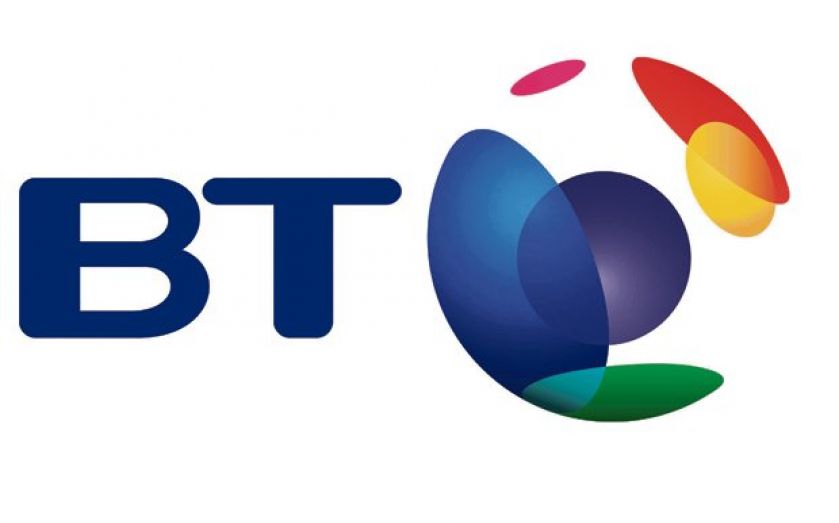As BT confirms it’s in talks to buy O2, would a bid for the mobile operator make sense?

Kester Mann, principal operators analyst at CCS Insight, says Yes.
Purchasing a mobile operator like EE or O2 would give a massive shot in the arm to BT’s multi-play ambitions, accelerating plans to offer mobile services without relying on wholesale deals.
Given its existing broadband and TV assets, the company could offer a highly potent combination of services. By cross-selling fixed-line and mobile services, BT will hope to “lock-in” customers for many years.
A deal would put severe pressure on rivals such as Sky, Virgin Media and Vodafone, all of which are developing their own fixed-line and mobile bundles for consumers.
It would also offer BT an immediate high street presence, currently BT’s major weakness, and allow it to better engage with customers to articulate the benefits of new packages.
Further, buying a rival operator would remove a competitor from the marketplace. This would be particularly significant if it buys EE, which is pursuing a similar converged strategy to BT.
James Barford, head of telecoms research at Enders Analysis, says No.
Convergence between fixed and mobile networks has been an important driver of mergers and acquisitions and corporate strategies in continental Europe’s telecoms markets recently.
But we feel it would be dangerous for BT to assume that this is justification enough for a purchase of O2 in the UK.
Many customers have signed up to “quadruple play” offers (TV, broadband, landline and mobile) on the continent, but these are largely driven by aggressive discounts, with little evidence of actual consumer demand for the combination.
BT in particular has always struggled to successfully extend its brand to mobile, with several failed consumer mobile product launches in the past. Rebranding away from BT was one of the main reasons that O2 thrived after BT spun it off in 2001.
BT may be able to justify an acquisition through a low purchase price and cost synergies, but I view any justification based on revenue synergies with great scepticism.